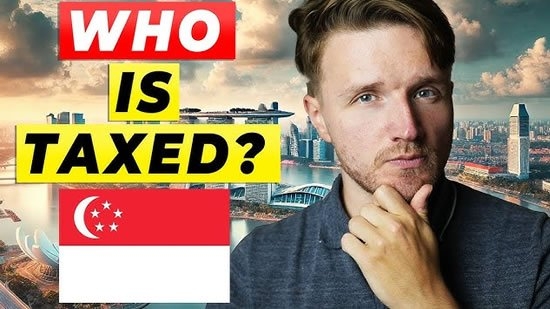Date: 29 Aug 2025
Editor’s note: General information only—not tax advice. Speak to a qualified adviser about your situation. Bank requirements and policies change; verify directly.

Why this page matters
Moving countries changes how banks view you (for KYC/CRS) and how you should organize documents. This page keeps the advice conservative so you can operate cleanly while you obtain professional tax counsel.
Bank-side basics you will face
• Identity and address: passport, local pass (if any), recent proof of address.
• Tax self-certifications: CRS forms capturing your tax residencies and TINs. Keep answers consistent with your filings.
• Source-of-Funds and Source-of-Wealth: show how you earned assets and where specific deposits come from—statements, payslips, sale contracts.
• Periodic refresh: banks may ask for updated details when documents expire or risk flags arise.
Understanding tax residency at a high level (not advice)
• Different systems use different tests (e.g., day counts, ties). Keep dated evidence of travel and residence to support your position.
• If you transition from German to Singapore tax residency, maintain a paper trail and engage a professional to interpret rules and any applicable treaty provisions.
• Bank forms ask for your current tax residencies, not your future plans. Update forms when your status changes.
Operating cleanly in the first 90 days
Day 0–7: Open a primary account; enable alerts and conservative limits; register PayNow.
Day 8–30: Pilot EUR→SGD transfers; record costs and timing; keep remittance evidence.
Day 31–60: Organize a “compliance folder” with ID, address proofs, CRS self-certs, SoW/SoF artifacts, and a simple timeline of moves and employment.
Day 61–90: If balances or complexity justify it, explore priority/premium tiers for higher limits and dedicated support.
What not to do
• Don’t guess on tax forms; unanswered or inconsistent fields cause more problems than a short delay to obtain advice.
• Don’t rely on memory for funds narrative—keep PDF statements and receipts, labelled by date and purpose.
• Don’t change device or trusted phone during salary week; caps and cooling-off windows can disrupt payments.
When you may need a second account
• You move EUR frequently and benefit from a multi-currency setup.
• You want redundancy (backup card/app) or higher daily caps for rent/deposits.
• You plan to segregate savings with “money lock” or fixed deposits for safety.
Security defaults that stand up under stress
• Alerts for login and transfers; daily caps aligned to your real pattern; card and money lock always available.
• Treat unsolicited calls or links as scams; contact your bank via official channels.
• Keep a one-page emergency checklist visible to a partner or colleague with your consent.
Häufige Fragen (German headings; answers in English)
Q: Wann bin ich in Singapur steuerlich ansässig?
A: Residency depends on specific rules and day counts—seek professional advice for your facts. Banks only collect your declared status via CRS forms.
Q: Muss ich Konten in Deutschland offenlegen?
A: Reporting obligations vary; discuss with your adviser. Banks require accurate self-certifications; keep them consistent with filings.
Q: Brauche ich eine Bescheinigung vom Finanzamt?
A: Banks typically rely on your self-certification and documents; where official letters help, your adviser can guide you.
Bottom line
Keep documents tidy, forms consistent, and your operating routine predictable. Professional advice plus good banking hygiene beats guesswork every time.
Keywords: tax residency germany singapore; german expat tax singapore banking; crs self certification singapore; german tin singapore bank; source of wealth documentation; bank reporting obligations; fbars not applicable germany; double tax agreement singapore germany
Related FAQs
-
RHB Singapore Overview Services and Account Opening Guide
RHB is a Malaysia based banking group with Singapore operations serving retail customers, SMEs, and corporates. Detailed Introduction: Individuals can access savings/current accounts, cards, personal financing, and invest
Read full answer → -
Avoid Mistakes When Choosing a Bank in Singapore’s Stable Financial System
FAQ article on bankopensingapore.com
Read full answer → -
personal banking: What You Need to Know in 2024
FAQ article on bankopensingapore.com
Read full answer →


